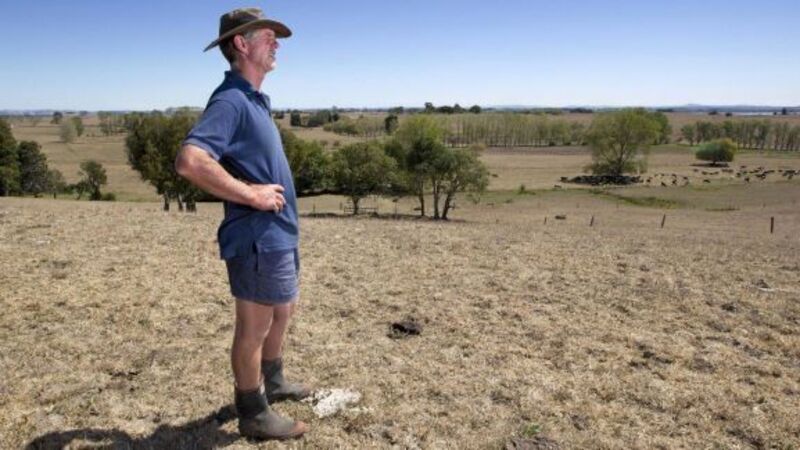New Zealand hit by worst drought in 30 years

New Zealand has officially declared its most widespread drought in at least 30 years.
The government said the entire North Island was a drought zone after adding several more regions to those already designated as suffering.














